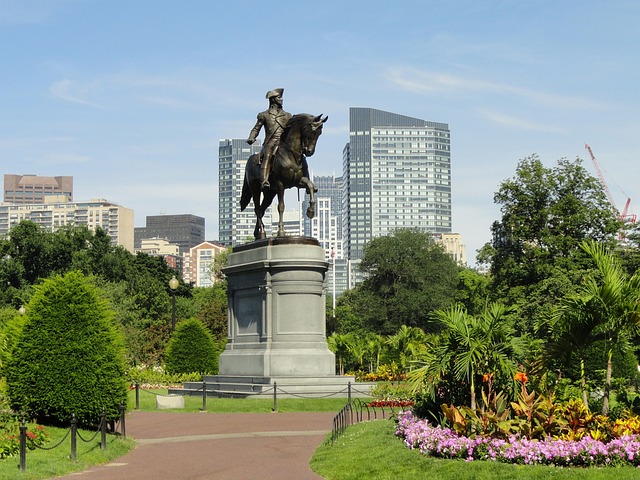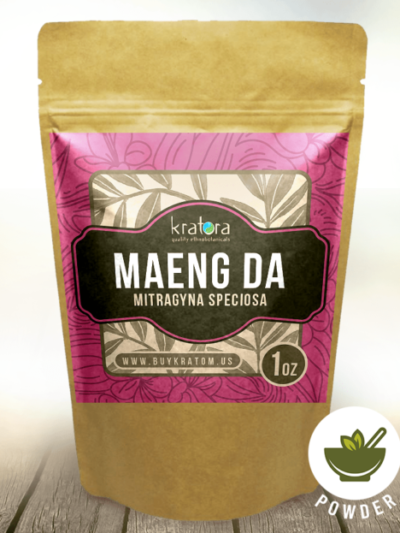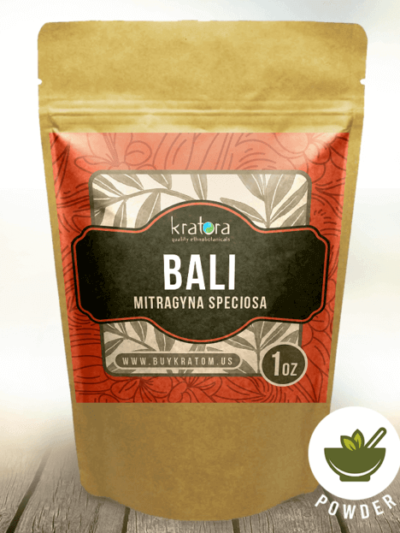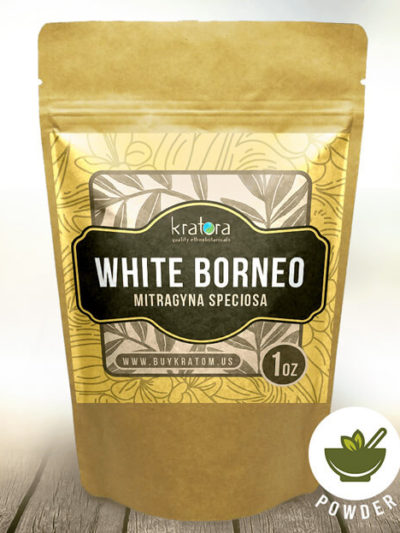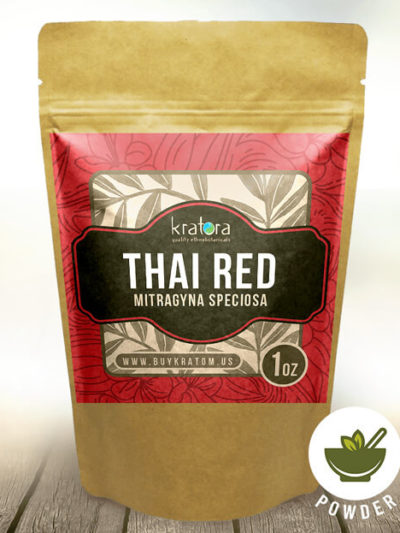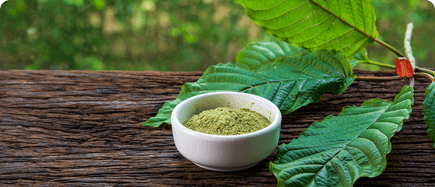Massachusetts is a state—or commonwealth, if you will—that’s steeped in history.
It’s the site of Harvard University, the home of the Kennedys and John Adams, and the birthplace of the American Revolution. Since before even the Boston Tea Party, Massachusetts has been renowned as a place where people value liberty and freedom—but what about the freedom to enjoy kratom? Is kratom legal in Massachusetts? The laws in the Bay State are pretty straightforward.
Is Kratom Legal in Massachusetts?
Yes, Kratom is legal in Massachusetts—and in all cities and counties therein. So whether you reside in Boston, Springfield, Cambridge, New Bedford, or anywhere else in the great commonwealth, you can enjoy your kratom without fear of legal reprisal.
Kratom in Massachusetts has a long legal history. The state’s House of Representatives has tried, unsuccessfully, to ban kratom on multiple occasions. In 2009, the House introduced HB1789, which sought to categorize kratom as a Class B substance—which would have put it in the same category as cocaine and LSD. Possession of Class B substances in Massachusetts can result in lengthy jail time and fines of up to $1,000. Thankfully, the bill was never signed into law.
In 2011, the House again tried to schedule kratom as a Class B substance—but this effort, too, was unsuccessful. These types of regulatory acts are largely motivated by misinformation and misunderstandings about kratom and how it functions. In many cases, these legislators are simply taking their cues from the Food and Drug Administration.
The FDA has maintained a skeptical position regarding kratom over the years. However, most reports of adverse reactions involve kratom that has been adulterated with dangerous, synthetic ingredients. This is why it’s so important to buy all-natural kratom products that are lab-tested for quality and safety.
It’s also worth noting that the FDA has yet to make a definitive ruling on the safety of kratom, simply noting that they’d like to see “more research to understand better kratom’s safety profile, including the use of kratom combined with other drugs.”
What You Need to Know About Buying Kratom in Massachusetts
Because the FDA has yet to take any action toward kratom regulation, it’s up to the states to impose kratom safety standards. And while some states—like Nevada, Arizona, and Georgia—have enacted their own sweeping safety regulations, Massachusetts has yet to introduce any such legislation.
So even though kratom is legal in Massachusetts, there’s no guarantee that the kratom you’re buying is all-natural, that it’s safe, or even that it contains the ingredients and alkaloid concentrations that are advertised on the label. For this reason, it’s up to the buyer to research and vet products carefully before buying.
When buying, the most important thing is to ensure that your kratom powders or kratom capsules are lab-tested by an independent, third-party testing facility. The lab should test for contaminants like salmonella as well as heavy metals like lead and cadmium. In addition, the lab results should confirm that there are no additives or adulterants in the kratom and that the alkaloid concentrations are as advertised.
If you want to help promote safer kratom statewide, the best thing you can do is write to your local Massachusetts legislators and ask them to enact the Kratom Consumer Protection Act (KCPA). Developed by the American Kratom Association, the KCPA is a set of regulatory guidelines that—when made into law—help to promote a safer kratom marketplace for everyone. It includes stipulations such as the following:
- Any kratom products sold in the state must contain zero synthetic or foreign ingredients
- Kratom products must contain no dangerous drugs or other non-kratom ingredients
- All kratom products must contain accurate clear and accurate labeling
- Kratom products must contain no more than 2% of the alkaloid 7-hydroxymitragynine
- Kratom products may not be sold to minors
When writing to state legislators, the key is to highlight how kratom has helped you personally and to point to some of the research promoting the benefits of kratom. The American Kratom Association website includes guides, links, and email templates that can help you with all of this.
In the meantime, kratom is still legal in Massachusetts, but make sure to protect yourself and buy exclusively from reputable vendors.
Maeng Da Kratom Powder
From $12.99
Shop Now
This product has multiple variants. The options may be chosen on the product page
Bali Kratom Powder
From $10.99
Shop Now
This product has multiple variants. The options may be chosen on the product page
White Vein Borneo Kratom
From $10.99
Shop Now
This product has multiple variants. The options may be chosen on the product page
Thai Red Vein Kratom
From $10.99
Shop Now
This product has multiple variants. The options may be chosen on the product page
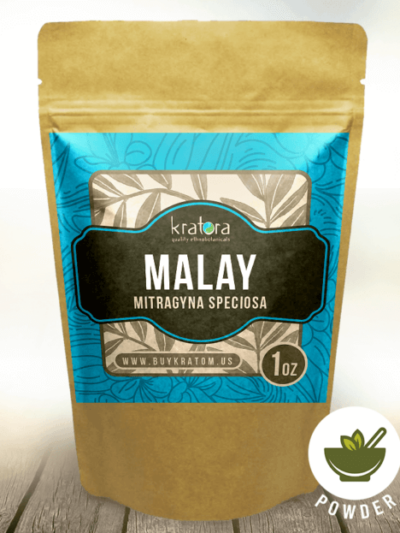
Green Malay Kratom Powder
From $10.99
Shop Now
This product has multiple variants. The options may be chosen on the product page
What You Need to Know About Buying Kratom Outside of Massachusetts
Although Kratom is legal in Massachusetts, the same cannot be said for two of its neighboring states. Both Vermont and Rhode Island have enacted laws making kratom possession illegal, so if you’re traveling with kratom, you’ll want to avoid both of those states.
Kratom was banned in Vermont in 2016, when state legislators placed kratom’s two primary compounds—mitragynine and 7-hydroxymitragynine—on the state’s list of regulated drugs. Possession of kratom in Vermont can result in a $5,000 fine and/or up to a year in prison.
Rhode Island banned kratom in 2017, when the state’s Department of Health scheduled mitragynine and 7-hydroxymitragynine as controlled substances. Possession of kratom in Rhode Island can result in a $500 fine and/or up to a year in prison.
In other words, when traveling out of state with kratom, make sure to do your homework first. Kratom is legal in Massachusetts, but the laws can vary substantially from state to state and even from county to county.
Where to Buy Kratom in Massachusetts
Is kratom legal in Massachusetts? Yes. But it’s also unregulated, so you have to be careful about where you buy it. While you can certainly find kratom in gas stations, head shops, and other herbal stores, it’s hard to know where these products came from and whether or not they’re actually safe.
To protect yourself, your best bet is to buy kratom online. By shopping online, you can more easily compare and research brands, access a wider range of products, review lab test results, and ensure that you’re getting a quality product.
For instance, Kratora has been in the business since 2013, and we’re nationally renowned for our fresh and organic kratom products (all sourced from reliable, stable growers in Southeast Asia), our comprehensive lab testing, and our uncompromising commitment to quality and customer service.
You know kratom is legal in Massachusetts, but make sure to research where you buy it from carefully. Kratom can be extremely enriching, but only if you get the real deal!
Want to learn more about kratom quality and value? Start here:
Why Buying Cheap Kratom Can Be Dangerous
